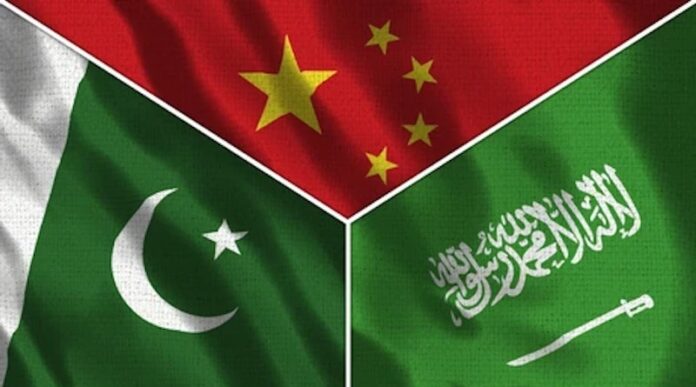Author: Ayesha Siddiqa
Affiliation: SOAS South Asia Institute
Organization/Publisher: The Print
Date/Place: August 24, 2020/India
Type of Literature: Article
Word Count: 1705
Keywords: Pakistan, Saudi-Arabia, Bilateral Relations.
Brief:
The article discusses the historical as well as contemporary bilateral relations between the states of Pakistan and Saudi Arabia. It also highlights the changing power relations of Pakistan vis à vis Riyadh, after the entry of China and Iran. The long-standing bilateral ties between Riyadh and Islamabad suffered a blow after Pakistan’s Foreign Minister, Shah Mahmood Qureshi made an aggressive comment threatening to part ways with Saudi Arabia. This did not go well with the Crown Prince who immediately reacted, putting the $6 billion Saudi credit line at stake. Although the army chief’s visit to Riyadh initiated the process of mending fences between the two states, the Crown Prince has not yet shown any sign of patching up. However, Islamabad has shown signs of a change in the traditional approach of dealing with its long-standing counterpart in Riyadh. The Foreign Minister’s much advertised visit to China clearly signals that Pakistan will not stick to one option as far as allies are concerned; it would rather explore and find alternatives. Pakistan’s historical ties with Saudi Arabia and Iran during the reigns of General Ayub or Zulfiqar Bhutto, have been on the premise that Pakistan will and should play the role of a significant actor and power in the region. India’s engagement with Tehran and Riyadh in the past has challenged Pakistan’s position. However, the new Pakistan now seems to be uncompromising on its regional agenda, even if it means changing its focus from Riyadh to Beijing.
By: Usman Khan Pathan, CIGA Research Associate




